You can join INTALInC either as an individual or as a partner organisation. If you would like to discuss membership, please contact Emma Tsoneva

School of Geography, University of Manchester combines the strengths of the Global Development Institute, Geography, Planning, Architecture and the Manchester Institute of Education to understand and improve the uneven relationships between society, economy and the environment. It is INTALInC’s host institution.
Case studies: Uganda
Workshop: Transport and Mobilities: Pathways to transformation
Contact: James Evans

Institute for Transport Studies, University of Leeds aims to advance the understanding of transport activity, operations and use, and to develop skills and best practice among transport professionals and decision-makers. It is a leading international centre for transport research.
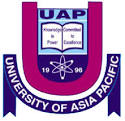
Department of Civil Engineering, University of Asia Pacific (Bangladesh) hosts the first civil engineering programme accredited by the Board of Accreditation of Engineering and Technical Education in Bangladesh.
Case study focus: Bangladesh
Workshop: Transport and Mobilities: Meeting the needs of working women
Contact: Sharmin Nasrin
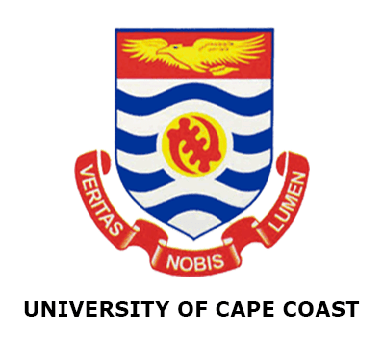
Department of Geography and Regional Planning, University of Cape Coast (Ghana) provides quality education through the provision of comprehensive, liberal and professional programmes. The university is seeking alternative ways to respond to needs.
Case study focus: Ghana
Workshop: Transport and Mobilities: Meeting the needs of vulnerable populations in developing cities
Contact: Regina Amoako-Sakyi
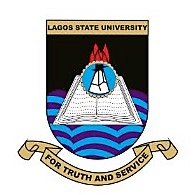
Department of Transport, Lagos State University (Nigeria) was developed in response to the transport problem in Lagos State. Lagos is the fastest growing mega-city in the world and transportation is a critical factor in its sustainability.
Case study focus: Nigeria
Workshop: Transport and Mobilities: Meeting the needs of informal settlements and slum-dwellers
Contact: Samuel Odewame
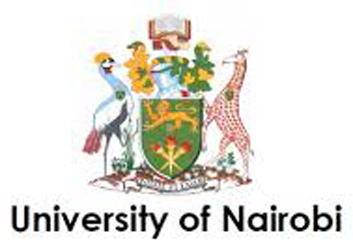
Institute for Development Studies, University of Nairobi (Kenya) was established in 1965. It is a leading multi-disciplinary, multi-purpose development research unit in East Africa. It carries out research into high priority areas of social economic development in Kenya, Africa and further afield.
Case study focus: Kenya
Workshop: Transport and Social Exclusion in Kenya
Contact: Winnie Mitullah
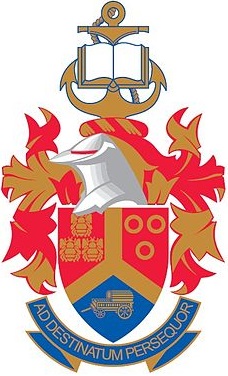
University of Pretoria (South Africa) is a research intensive university, committed to finding solutions to local and global challenges. The university fosters a holistic approach to education where academic activities are enriched by community engagement and collaboration with other institutions.
Case study focus: Cape Town, South Africa
Workshop: Transport justice and the travel burden on peripheral low income communities
Contact: Christo Venter

Urban Action Lab, University of Makerere (Uganda) engages people from academia, community, private sector and policy domains to stimulate and facilitate action. It enhances university education and research on urban challenges advancing urban planning and ecological development.
Case study focus: Uganda
Workshop: Transport and Mobilities: Pathways to transformation
Contact: Shuaib Lwasa
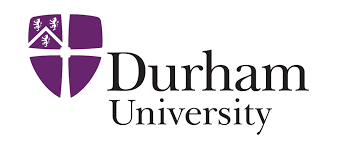
Department of Anthropology, University of Durham is one of the largest integrated anthropology departments in the UK carrying out research on topics spanning social anthropology, evolutionary anthropology and the anthropology of health.
Case study focus: Ghana
Workshop: Transport and Mobilities: Meeting the needs of vulnerable populations in developing cities
Contact: Gina Porter
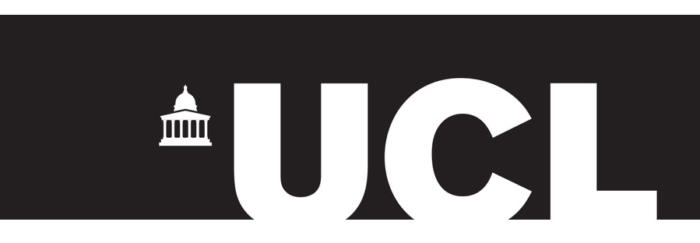
The Development and Planning Unit and Bartlett School of Planning, UCL are world-leaders in their respective fields. The Bartlett Faculty of the Built Environment is the top built environment faculty in the UK, covering architecture, planning, development planning and environmental design. It is the host institution for INTALInC LAC.
Case study focus: Nigeria
Workshop: Transport and Mobilities: Meeting the needs of informal settlements and slum-dwellers
Contact: Daniel Oviedo

The Partnership for Research on Informal and Shared Mobility (PRISM) is a global research consortium hosted at the Columbia Climate School’s Center for Sustainable Urban Development that focuses on better understanding informal transport and shared mobility (ISM) with a focus on Asia, Africa, and Latin America. We explore pathways for enhancing access, services, working conditions, and reducing emissions from ISM, particularly for lower-income residents and their communities. Recognizing that vast number of people across the globe rely on popular transport modes that are informal and shared such as rickshaws, motorcycle taxis and minibuses, our aim is to explore how to work with and improve these services as well as support integration into institutionalized public transport modes as part of a focus on equity and justice, including climate justice.

Transport Studies Unit, University of Oxford advances interdisciplinary approaches to the study of transport with particular emphasis on its social, economic and environmental implications over time and space.

DT Global aspires to shape a future where sustainable development and innovation empower individuals, communities and nations. We work in partnership with local stakeholders to foster inclusive prosperity, social equity, and environmental stewardship. Our 2,500 staff and experts work in over 90 countries – bringing more than 60 years of international development experience, relationships and technical excellence to deliver innovative solutions that transform lives and address the world’s greatest challenges.
DT Global manages the High Volume Transport (HVT) Applied Research Programme, funded by UK Aid, undertaking research into sustainable transport development in low- and middle-income countries across Africa and South Asia. This new body of research aims to help inform the decisions of policy makers in low-income countries and make road and rail transport greener, safer and more accessible, affordable and inclusive and to ultimately make good investment decisions that will help drive economic development and poverty reduction.
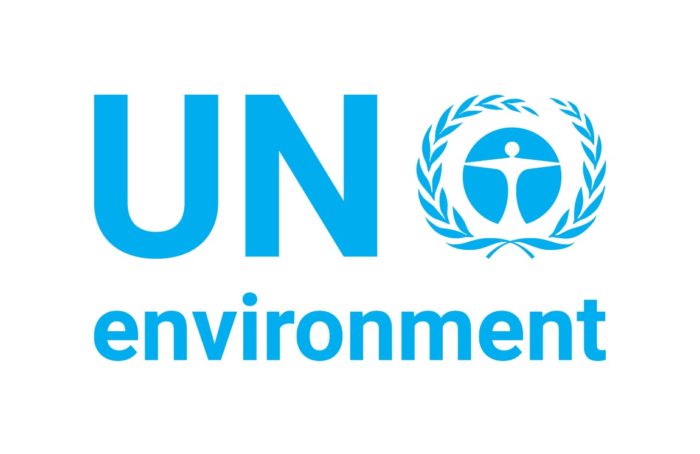
The United Nations Environment Programme (UN Environment) is the leading global environmental authority that sets the global environmental agenda, promotes the coherent implementation of the environmental dimension of sustainable development within the United Nations system, and serves as an authoritative advocate for the global environment. The Share the Road programme supports governments and other stakeholders in developing countries to move away from prioritising the car-driving minority towards investing in infrastructure for the majority: those who walk and cycle.

FIA Foundation is an independent, UK-registered charity which supports an international programme of activities promoting road safety, the environment and sustainable mobility. FIA Foundation has an international reputation for innovative global philanthropy, practical research and interventions, and high impact strategic advocacy.
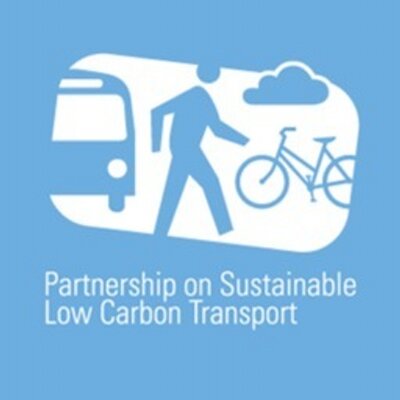
SLoCAT Partnership is a multi-stakeholder partnership of over 90 organisations. The thematic scope of the partnership is land transport in developing countries including freight, motorised and non-motorised passenger transport in Asia, Latin America and Africa.

Volvo Research and Education Foundations invests in research, education and communication to contribute new ideas and solutions for the design of sustainable transport systems in cities.

Walk21 promotes and supports walking, making it an enjoyable part of daily transport through effective policies, programmes and planning. The charity coordinates a global network of walkable cities and experts, and oversees the Global Sidewalk Challenge to build or rehabilitate 100,000 km of pavements.

Flone Initiative is a women-led organisation working towards the creation of safe, sustainable and accessible public transportation spaces for women and vulnerable groups in Africa by influencing behavioural change, generating knowledge and movement-building.
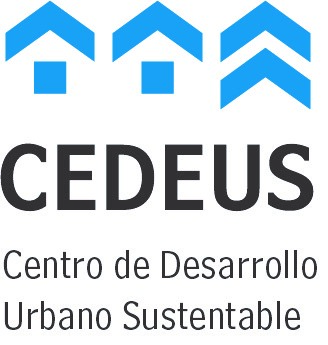
CEDEUS (Centro de Dessarrollo Urbano Sustentable) is an initiative led by P. Universidad Católica de Chile in association with Universidad de Concepción. It seeks to bring together leading researchers in Chile in the field of sustainable urban development to work on interdisciplinary research challenges.

Centre for Economic and Social Sciences is an autonomous research institute recognised as a Centre for Advanced Research. It carries out multi-disciplinary research in analytical and applied social science.
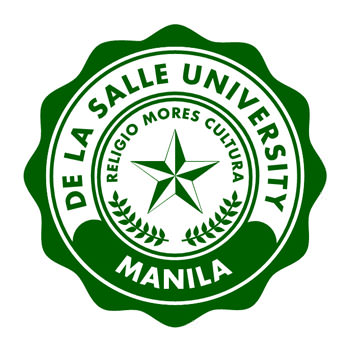
Center for Engineering and Sustainable Development Research, De La Salle University (Philippines) engages in experimental research and modeling of industrial systems and the development of innovative processes and products that will lead to utilization of sustainable technologies.

École Nationale des Travaux Publics de l’État (ENTPE) is a Scientific, Cultural and Professional Public Institution (EPSCP) covering all fields of planning and sustainable development and enjoying international scientific recognition.

Norway Centre for Transport Studies carries out applied research on transport issues and promotes the application of research results, advising authorities, the transport industry and the wider public on current major issues in road, rail, sea and air transport.
Case study focus: India
Contact: Tanu Priya Uteng
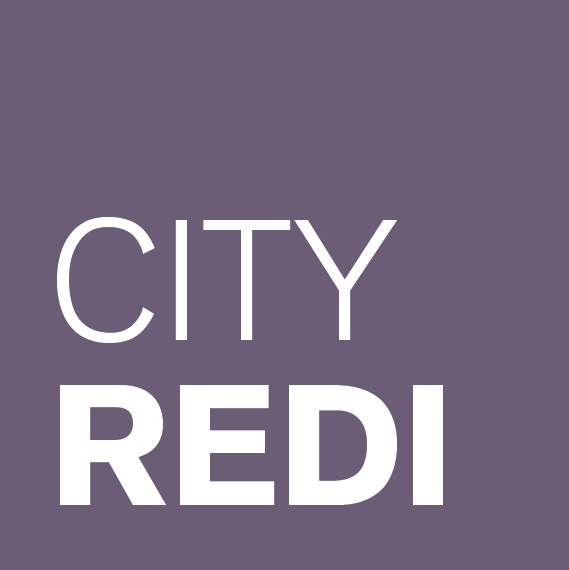
City-REDI uses a systemic approach to identify and conceptualise the inter-dependencies within and between regional economies. It’s research agenda has a city-region focus structured around the five foundations of the industrial strategy: ideas; people; infrastructure; places; and business.

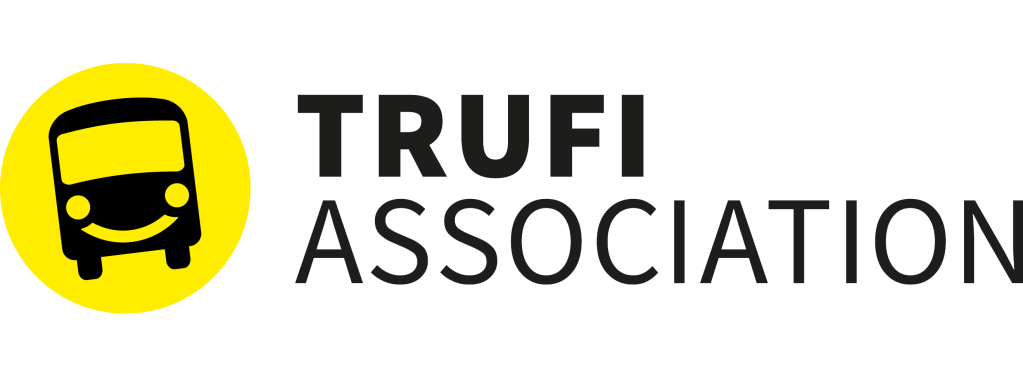
Sustainable Transport Committee, Asian Development Bank assists member countries Asia to build transport infrastructure and services that contribute towards low-carbon, safe, accessible, and affordable transport systems.
Trufi Association is focused on enhancing urban mobility through innovative mapping solutions. Committed to empowering all individuals, especially in underserved areas of the Global South, Trufi Association believes that accessible and efficient transportation is a cornerstone of thriving urban communities. By collaborating with local entities and leveraging cutting-edge technology, we aim to bridge the mobility gap and ensure that every resident, regardless of their income level, can navigate their city with ease and confidence.
Contact: Leonardo Gutierrez
